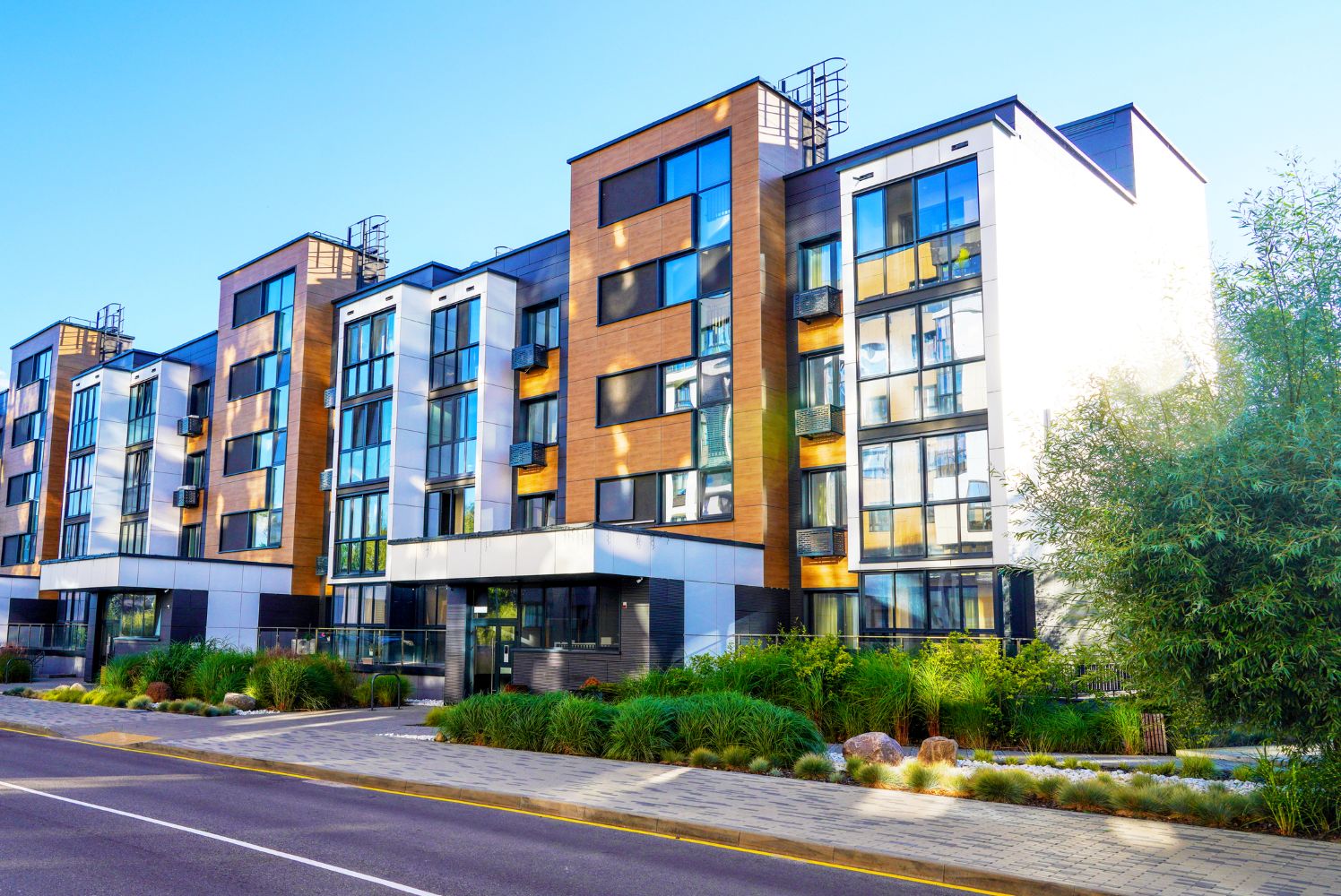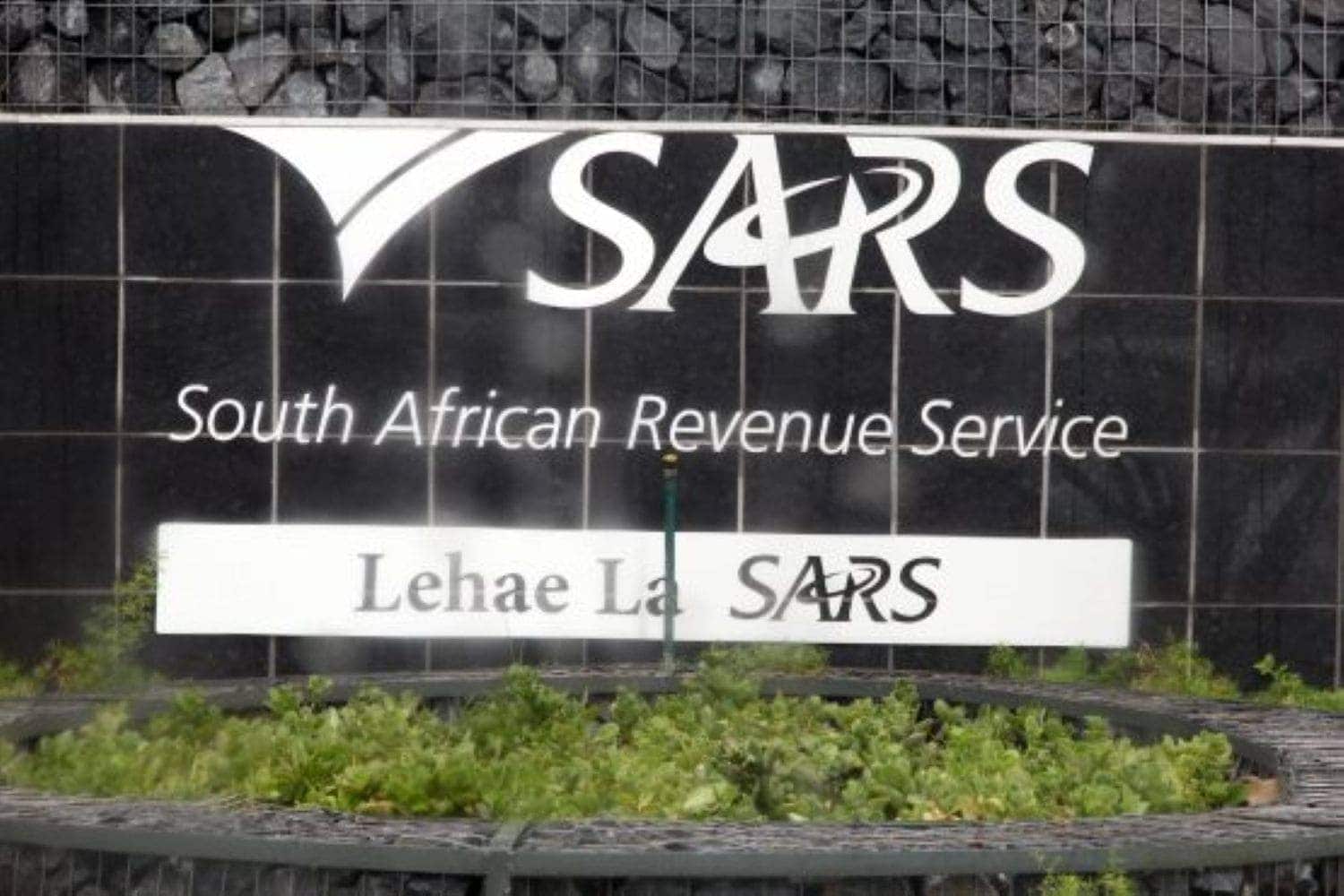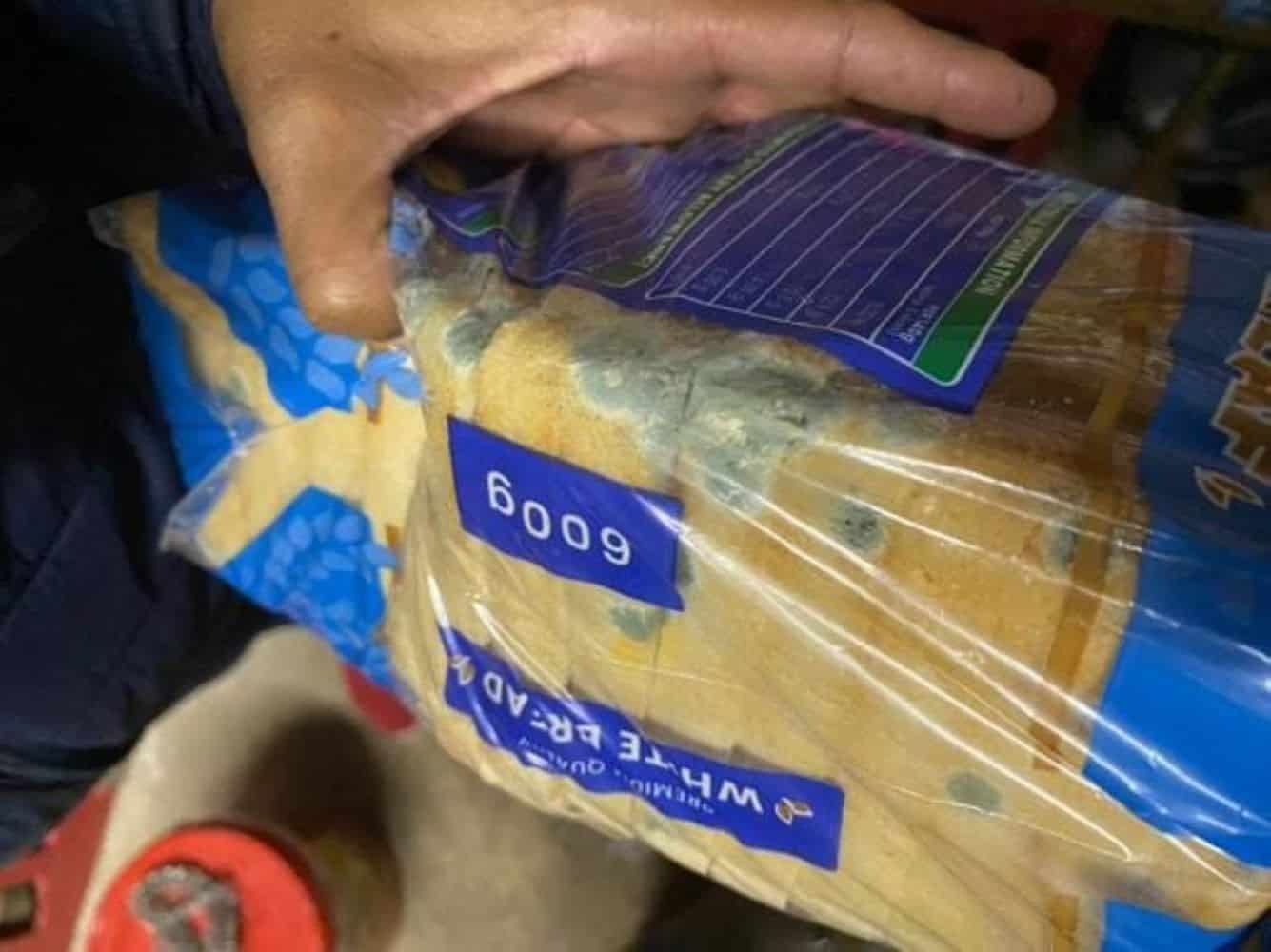A piece of legislation introduced in the post-apartheid years to prevent eviction abuses is now being weaponised against property owners.
There’s righteous indignation about the impact of the Expropriation Act’s enfeeblement of property rights in SA, but far more damaging is the Prevention of Illegal Eviction Act from and Unlawful Occupation of Land (Pie) Act, initially introduced in 1998 to prevent the kind of eviction abuses so prevalent under apartheid.
That same legislation has been weaponised against property owners, including the state, by making it difficult, sometimes impossible, to evict unlawful occupiers.
Eviction proceedings can drag on for years and cost hundreds of thousands of rands, often leaving property owners with steep rehabilitation expenses. Many simply give up.
In some instances, illegal occupiers have been in place for more than a decade with the blessing of the courts.
The Joburg High Court in January 2024 refused to evict illegal occupiers in the inner-city area of Doornfontein despite evidence that the buildings were a fire hazard. The court ruled there was no imminent danger to the properties, nor was the City of Joburg able to offer the occupants alternative accommodation, as required under the Pie Act. The illegal occupiers have been in the buildings since 2001, successfully resisting eviction attempts which commenced in 2011.
The above court decision came just months after a fire at the five-storey Usindiso building in Marshalltown, Joburg, killed 77 people. A few months before that, a fire broke out in the Florence Nightingale building in Hillbrow, killing two children who had been locked up in a room with no means of escape.
ALSO READ: 90 families in Madibeng face imminent eviction
In both these cases, criminals had hijacked the buildings and rented out rooms to some of the city’s most desperate people. They are the pawns in a high-octane tussle between property owners and criminal gangs who have learned to game the Pie Act, often egged on by political agitators keen to grab attention whenever the cameras are around.
Property associations have for years criticised the Pie Act for its perverse consequences, saying it protects criminals who sell other people’s land and makes evictions extremely difficult, if not impossible.
Municipalities struggling to provide basic water and lights can simply not contend with the demands of the Pie Act by providing alternative accommodation to illegal occupiers. The City of Joburg suspended its obligations to provide temporary emergency accommodation to illegal occupiers during the Covid lockdowns.
It has just 11 temporary emergency accommodation facilities, all of which are full, with a need for a further 1 500 beds. It will take years and massive budget allocations, which the city does not have, just to provide these extra beds.
ALSO READ: ‘Illegal occupation’: Standerton residents turn to ConCourt to stop evictions
Tygerberg Raceway story
A recent documentary, The Tygerberg Raceway story, explains how criminals took advantage of the Covid shutdowns to incite a mass land invasion of the Tygerberg Raceway, knowing that the police were overstretched and the courts were in lockdown.
Just this year, police and correctional officers were caught selling other people’s land in Fort Jackson near East London at R50 000 a plot.
Farmers across the country have had to beef up security to prevent fallow land turning into an overnight settlement. All of this comes at a cost which is difficult to quantify.
The better-run municipalities have security units dedicated to snuffing out illegal shack developments the moment they appear. A delay of a day or two allows the occupants to invoke tenant rights under the Pie Act. Then you are in for a drawn-out court battle at a considerable cost, with no guarantee of a successful eviction.
Moneyweb previously reported on SA’s best-run municipality, Midvaal, which has outsourced the patrolling of its municipal areas to the Red Ants.
Criminals have attempted to infiltrate and occupy land, but these attempts have been successfully defended. Other municipalities with sufficient resources have been forced to adopt similar defensive measures.
ALSO READ: Mogale landowners push council to use its eviction by-law against land invasions
An amendment on its way?
The Democratic Alliance (DA) has proposed an amendment to the Pie Act that would criminalise the incitement and organisation of unlawful occupations, even where no payment is received or solicited. This will combat instances where land grabs are orchestrated to further political agendas.
Under the proposed amendments, courts will be required to consider the financial means of the illegal occupiers.
They must specify the duration for which alternative accommodation or land must be provided in line with available resources. This, says the DA, will end municipalities’ indefinite obligation to provide alternative housing. It should also expedite the eviction process.
The Referendum Party in the Western Cape has taken a different approach to the same problem by proposing a Provincial Prevention of Illegal Evictions Bill, restricted to the Western Cape, which will draw a clear legal distinction between persons who took up residence legally and those who did so illegally.
“It would allow local and provincial government and private landowners to remove persons from their property where those persons have not at any point had permission or the legal authority to occupy that land,” says the party’s website.
ALSO READ: Eviction looms for long-time Emalahleni informal settlement residents
Constitutional rights
The courts have extended Constitutional rights not to be arbitrarily evicted from your lawful home to include those who have no such legal rights to your property. This proposed bill would clarify the definition of a home as a structure occupied by someone with the landowner’s permission.
If not, the illegal occupier can be removed without a court order and without the municipality having to provide alternative accommodation.
The Department of Human Settlements appears to support some of the DA’s proposed reforms and has committed to a full review of the existing act with a view to a department-led amendment bill by March 2026.
If it succeeds, that would be a milestone in restoring at least some property rights in SA.
Comments Greg Vermaak of law firm VMW Inc, which deals with numerous cases of illegal occupation: “Pie is largely procedural, so an amendment to the act is unlikely to have much impact. If I’m a landowner and people grab land belonging to me, the state allows this to happen because there’s nowhere to rehouse the illegal occupants, and that’s a conscious decision. I now believe it’s deliberate. It’s a usurpation of land which the state could but won’t fix.”
This article was republished from Moneyweb. Read the original here.














